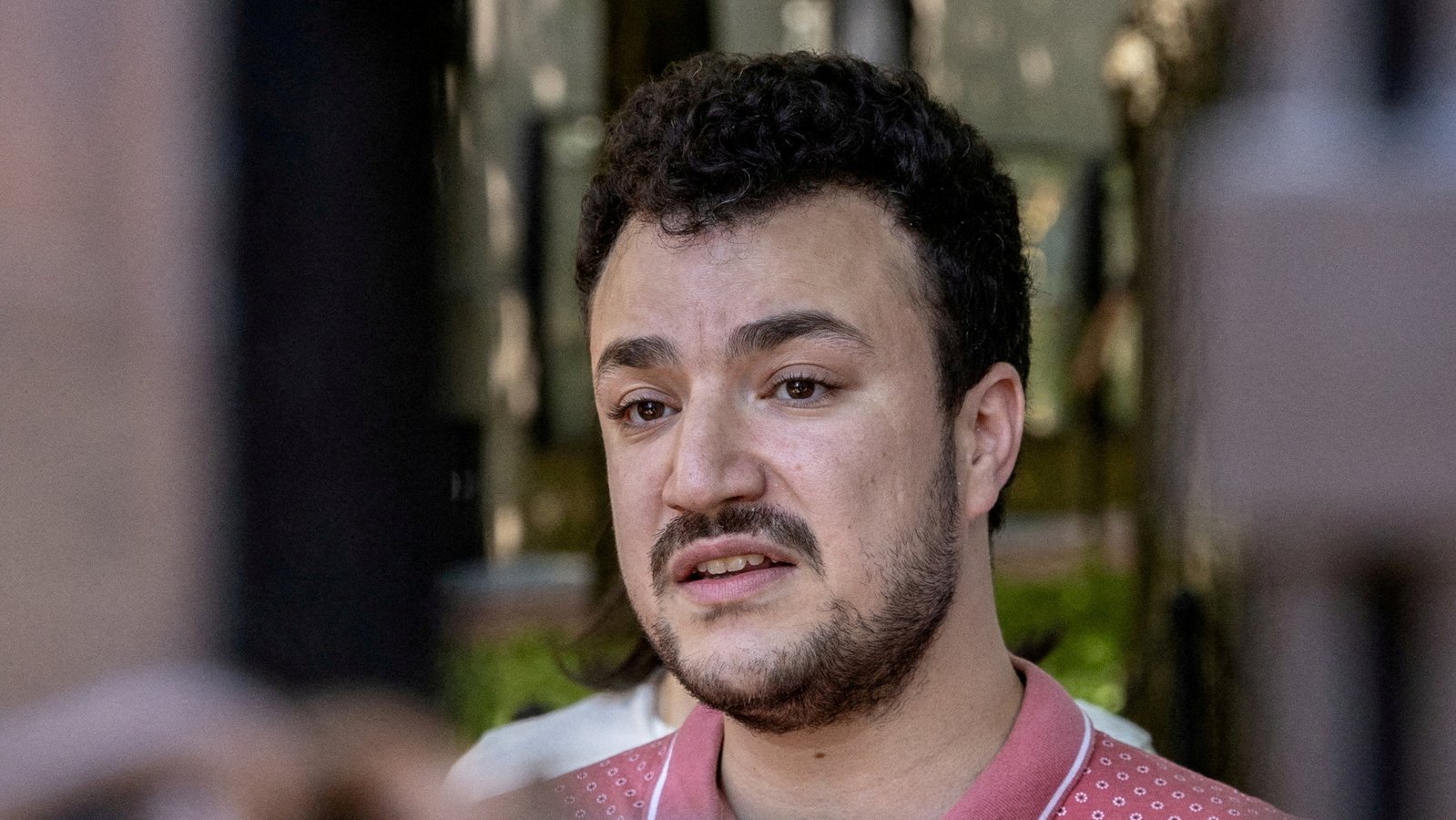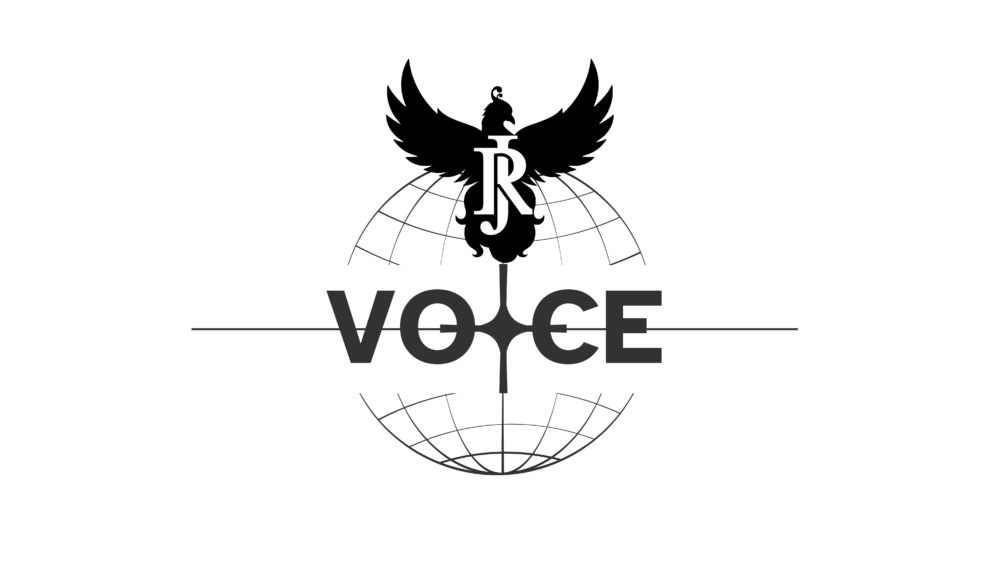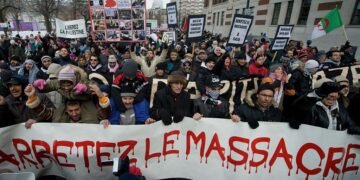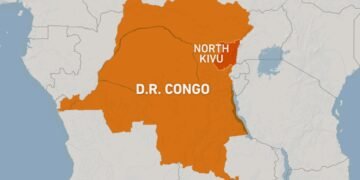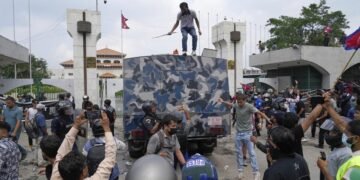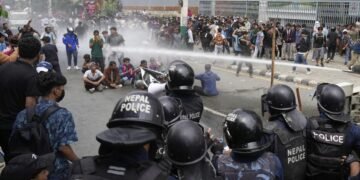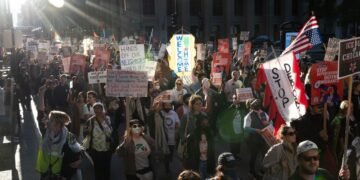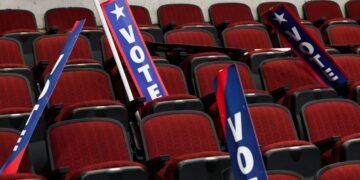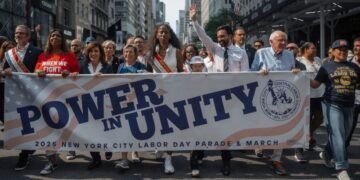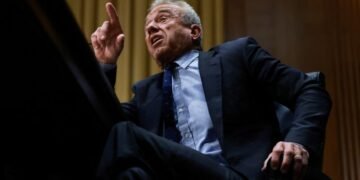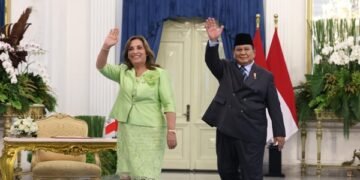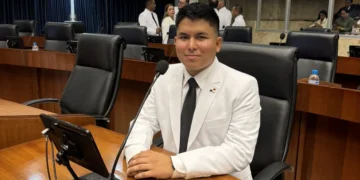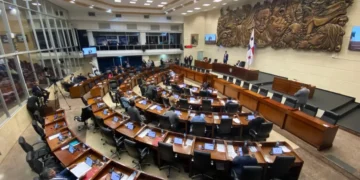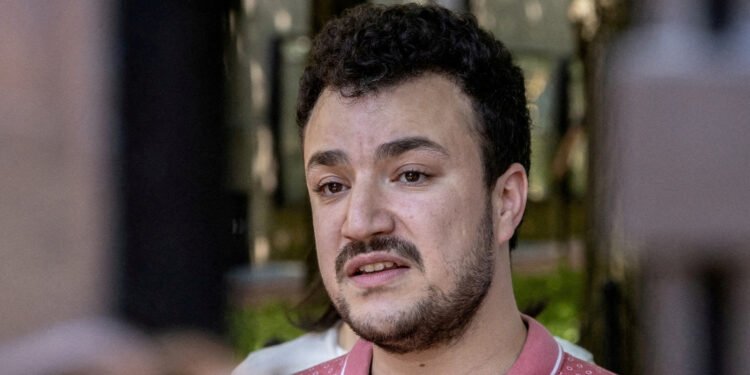A Louisiana immigration judge has ruled that Mahmoud Khalil, a Columbia University graduate and lawful permanent resident of the United States, is eligible for deportation following government claims that his presence could negatively impact U.S. foreign policy interests.
The judge’s decision followed a memo submitted by the U.S. Secretary of State, alleging that Khalil’s public associations, speech, and beliefs were grounds for removal under immigration laws that allow deportation if an individual is deemed to pose foreign policy risks. Notably, the memo did not allege any criminal conduct.
Khalil’s legal team denounced the decision as a direct violation of his First Amendment rights, arguing that he is being punished for his political speech and advocacy related to Palestinian human rights. They claim the ruling sets a dangerous precedent, allowing the government to deport permanent residents based solely on their opinions and political associations.
Khalil was arrested outside his Columbia University apartment and transferred to a detention facility in Louisiana. His attorneys say the arrest and detention occurred without due process and were intended to intimidate and silence political dissent.
The deportation ruling has ignited strong reactions from civil rights groups, legal scholars, and student communities across the country. Khalil’s lawyers argue that the judge based her decision exclusively on the Secretary of State’s letter, which lacked specific evidence and failed to establish any wrongdoing.
Multiple legal motions filed by Khalil’s attorneys — including requests to present counter-evidence and to challenge the Secretary’s claims — were denied by the court. Despite this, the legal team plans to appeal and continue challenging the decision in both immigration and federal courts.
Khalil’s case is unfolding alongside similar proceedings involving other pro-Palestinian students and academics who have recently faced detention or deportation proceedings. His attorneys have warned that these cases represent an attempt to use immigration law to suppress political speech.
The judge gave Khalil’s legal team until April 23 to submit new motions. Meanwhile, a federal court in New Jersey is also considering multiple petitions from Khalil’s attorneys, including a request to release him on bail and to relocate him closer to his family in New York. His wife, a U.S. citizen, is currently expecting their first child.
Legal experts say the provision being used against Khalil — allowing deportation if a person’s presence may harm U.S. foreign policy — is rarely invoked, especially in cases involving lawful permanent residents and political expression. In the few past instances where it was applied, it typically involved individuals accused of significant national security concerns, not constitutionally protected speech.
Advocates warn that Khalil’s case may have a chilling effect on free speech, particularly on college campuses where political activism is common. Civil liberties groups argue that the government’s actions risk turning peaceful dissent into grounds for deportation, threatening the foundational right to free expression for all residents — citizens and noncitizens alike.
As the appeals process continues, Khalil remains in federal custody, and his future in the U.S. is uncertain. His legal team and supporters vow to continue fighting for his right to remain in the country and speak freely.
